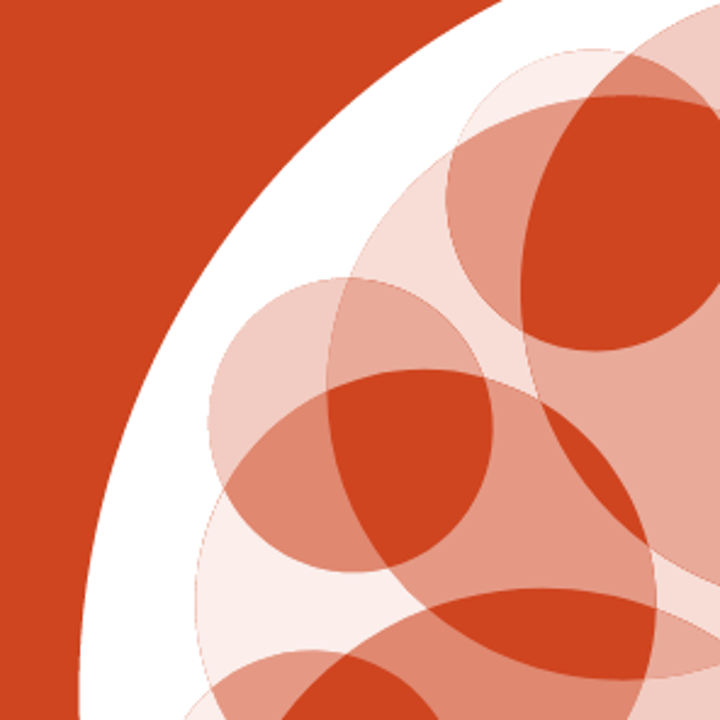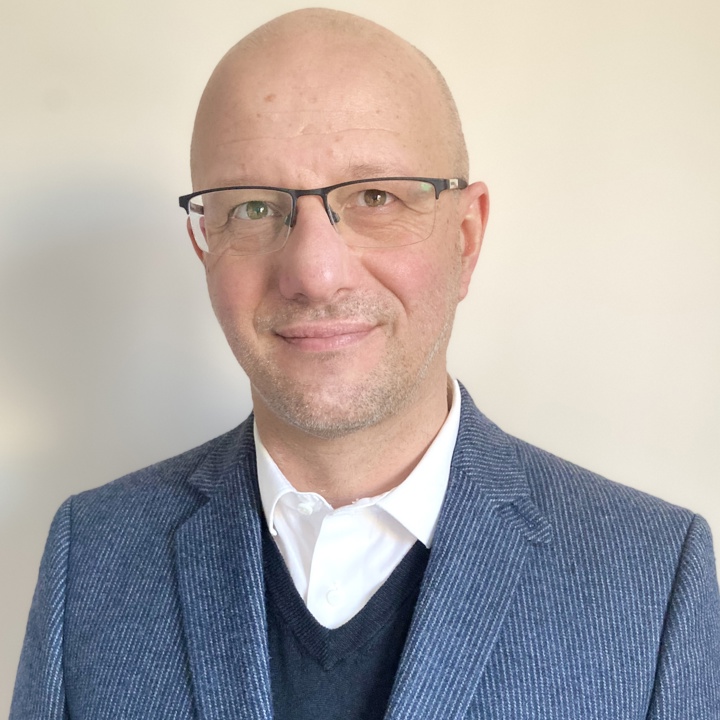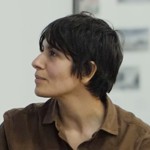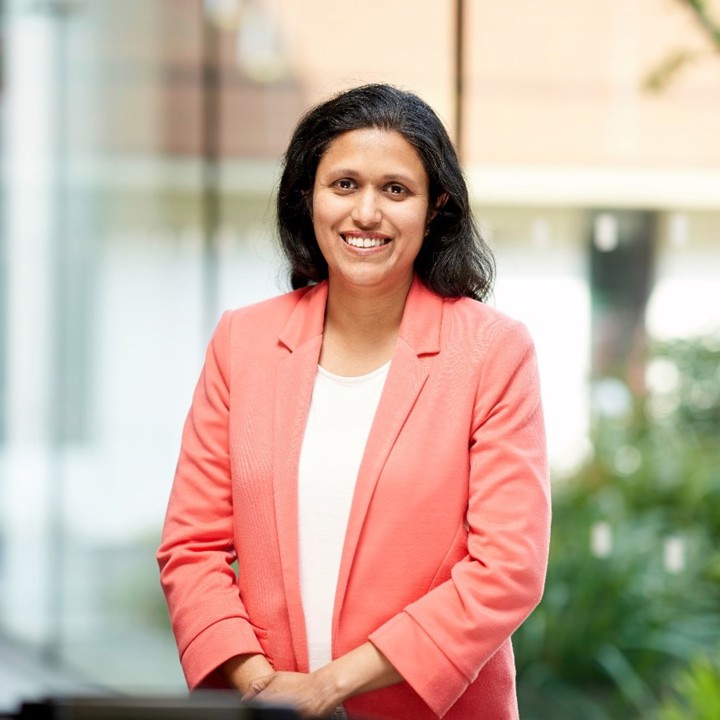
Research Area VI - Biological Systems
Research Area VI covers the broad areas of biological clocks, gene therapy, embryogenesis, organogenesis, innate immunity, immune responses, inflammation, disease processes, ageing, cancer, plants, molecular medicine, neurodegeneration, parasitology, plant pathology, nutrition, cell division differentiation and death, cardiovascular disease, developmental biology, diabetes, matrix structure and tissue engineering.
Get involved!
Research Area VI - Biological Systems
5 members

Irundika Dias
Irundika Dias
Irundika’s research interests are on redox biology related to chronic inflammatory diseases. She uses lipidomic tools to identify modified lipid biomarkers in ageing and disease. She graduated from the University of Colombo, Sri Lanka with a BSc in Biochemistry and Molecular Biology. She completed Immunology MSc in Brunel University, UK followed by a PhD from Aston University, UK. During her post-doctoral and Fellowship work at Aston University, she worked on metabolic pathways that leads to chronic inflammation and specialised on lipidomic studies and biomarker analysis. She is currently a lecturer at Aston medical school. She acts as the chair of Biochemical Society Theme Panel-Research Area VI.
Keywords: Redox Biology, Lipidomics, Biomarkers

Vanja Pekovic-Vaughan
Vanja Pekovic-Vaughan

Keywords: Circadian rhythms, redox signalling, human single gene disorders, matrix organisation, ageing, tissue regeneration, cell differentiation, chronotherapy, transcriptional control, antioxidants

Andrea Caporali
Andrea Caporali

Andrea Caporali obtained his PhD in the laboratory of Prof Costanza Emanueli at the University of Bristol in 2009, where he acquired expertise in cardiovascular and translational medicine research. At the University of Bristol, Dr Caporali has contributed to demonstrating the mechanisms driving endothelial impairment in diabetes. This has further inspired him to investigate the deregulation of microRNAs in vascular disease as a postdoctoral fellow in the Emanueli laboratory. In 2012, he was awarded the British Heart Foundation Intermediate Fellowship at the University of Bristol. In 2013, he moved to the University of Edinburgh by securing the tenure track programme Chancellor’s Fellowship. He is currently a Senior Lecturer at the Centre for Cardiovascular Science at the University of Edinburgh. During the last years, Caporali lab adopted cellular and pre-clinical models to characterise vascular signalling behind ECs dysfunction and try to revert it by taking a drug or gene therapy approach.
Keywords: non-coding RNAs, cardiovascular disease, endothelial cells

John Noone
John Noone is an Assistant Professor in Physiology within the Faculty of Education and Health, Department of Physical Education and Sport Sciences at the University of Limerick. John's research focuses on application of in-vitro and in-vivo techniques to study skeletal muscle bioenergetics. Funded by the European Space Agency, John attained his PhD from Dublin City University’s National Institute for Cellular Biotechnology and School of Health and Human Performance studying the role skeletal muscle mitochondrial function and fusion-fission dynamics play in the regulation of energy metabolism in human health and disease. He subsequently undertook his primary postdoctoral training programme within Trinity College Dublin’s School of Biochemistry and Immunology. Here his research focused on the role drugs targeting the endocannabinoid system play in the mitigation of skeletal muscle cancer cachexia. Following this, John trained as a research fellow in the USA at AdventHealth’s Translational Research Institute, Orlando, Florida as part of the Molecular Transducers of Physical Activity Consortium (MoTrPAC) and the Study of Muscle, Mobility and Aging (SOMMA) study specializing in the skeletal muscle mitochondrial response to exercise, inactivity, aging, and its role in metabolic disease progression.
Keywords: Mitochondria, metabolism, skeletal muscle, physical activity, aging

Kimia Witte
Kimia Witte
Kimia's research interests centre around understanding the mechanosensitivity of cells during the organogenesis of connective tissues, with a particular focus on the nervous system. They are also interested in engineering Blood-Brain Barrier organoid models using microfluidics in a high-throughput manner, capable of generating 1 to 10 organoids per second. This approach enables applications in disease modelling and drug discovery. Kimia is a Chancellor's Fellow and Lecturer in the Biomedical Engineering Department at the University of Strathclyde, with an affiliation in the School of Molecular Biosciences at the University of Glasgow. They are also a Principal Investigator at the Centre for the Cellular Microenvironment at the University of Glasgow. They hold a BSc (Hons) degree in Molecular & Cellular Biology with Biotechnology from the University of Glasgow, a PhD in Biomedical Engineering from the University of Glasgow, and a BA (Hons) degree in Fine Art from the Glasgow School of Art.
Keywords: Mechanobiology, Tissue and Organoid Engineering, Stem Cell, Blood-Brain-Barrier, Synthetic Biology, Microfluidics, Biomaterials



